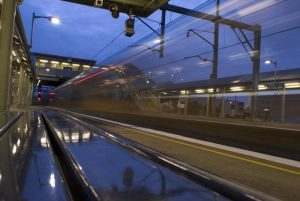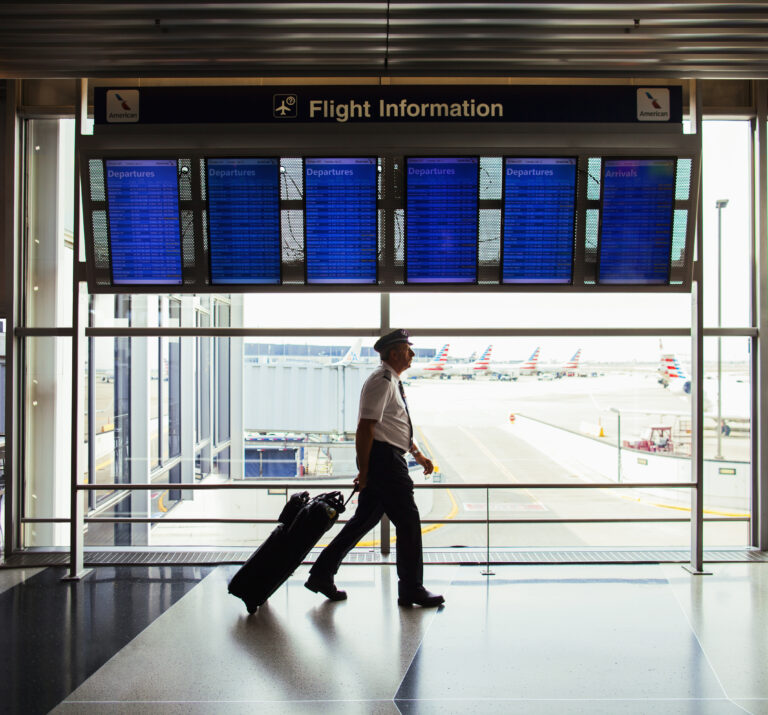
By Subcontractors USA News Provider
- More than 90 percent of riders will save at least one hour taking the bullet train between major cities
- Comprehensive study of market size, potential ridership and Texans’ views finds strong demand for high-speed train
- Nearly 5 million passengers expected to use the train annually by 2026 – almost 25 percent of all trips between North Texas and Houston
 Facing increasing congestion between the state’s biggest cities, Texans using the high-speed train will get a big break in travel times, and nearly 5 million passengers are expected to use the bullet train by 2026, a new study shows.
Facing increasing congestion between the state’s biggest cities, Texans using the high-speed train will get a big break in travel times, and nearly 5 million passengers are expected to use the bullet train by 2026, a new study shows.
The ridership study by L.E.K. Consulting (International) Limited (“L.E.K. Consulting), a summary of which was released by Texas Central, the train’s private developers, demonstrated a massive and growing market for the 90-minute, 240-mile trip between North Texas and Houston, with one stop in the Brazos Valley.
More than 90 percent of those in North Texas or Houston would save about an hour or more by taking the train, the study showed. For instance, the trip would be 70 minutes faster than traveling by car and 50 minutes faster than by plane, taking into account airport security and other flight issues.
More than 80 percent of 2,000 residents surveyed say they would consider using the bullet train. And more than two-thirds of respondents who have made the trip in the last 12 months would “definitely” or “probably” use a high-speed train on their next trip if it were available.
“This study demonstrates strong, pent-up demand for better travel options,” said Texas Central CEO Tim Keith. “Texans want the freedom to choose how they will travel. They want to save time, be more productive and simply have a better travel experience. The Texas Bullet Train will deliver that.”
“High-speed trains will allow people to spend more time where and how they want to spend it and less time worrying about if they are going to get to their destinations on time,” Keith said.
This study, the third conducted in less than five years, was commissioned to examine the travel habits and preferences of Texans. Assessing the size of the travel market between North Texas and Houston is critical. And learning why trips are made and how the system can best be designed around the needs of the traveling public is important as design and service decisions are being made.
 Based on a broad range of sources, including extensive new research and publicly-available data, the study forecasts that nearly 5 million passengers will use the bullet train annually by 2026 – almost 25 percent of all trips between the cities. By 2050, the bullet train’s total market share is expected to reach almost 30 percent, or 10 million journeys.
Based on a broad range of sources, including extensive new research and publicly-available data, the study forecasts that nearly 5 million passengers will use the bullet train annually by 2026 – almost 25 percent of all trips between the cities. By 2050, the bullet train’s total market share is expected to reach almost 30 percent, or 10 million journeys.
The popularity of the high-speed train stems largely from the freedom Texans want – to have their time back through shorter journeys and more productive travel time. Of the more than 12 million car trips taken between the northern and southern ends of the route in 2015, 93 percent of the trips would have been shorter by train.
On Interstate 45, the main thoroughfare for traffic between the two cities, vehicle counts have increased by 10 percent a year since 2012.
With drive times from Dallas to Houston now varying from 3.5 to 5.5 hours, depending on delays related to traffic, construction, weather and other causes, Texans say they are eager for the safety, reliability, productivity and efficiency of a high-speed train.
The project expects to begin construction in 2018, using proven, world-class technology. The increased mobility between two of the country’s largest and fastest growing metropolitan areas will deliver substantial and long-lasting benefits to both the state and local economies.
ABOUT TEXAS CENTRAL PARTNERS, LLC – Texas Central is a private, Texas-based company developing a new high-speed train that will connect North Texas, the Brazos Valley and Houston using a proven, world-class technology that will provide a travel time of less than 90 minutes. The company is using a market-led approach, backed by private investors, not public funds. Texas Central and its affiliated entities will be responsible for the system’s design, finance, construction, operation and maintenance.
Source: www.texascentral.com






